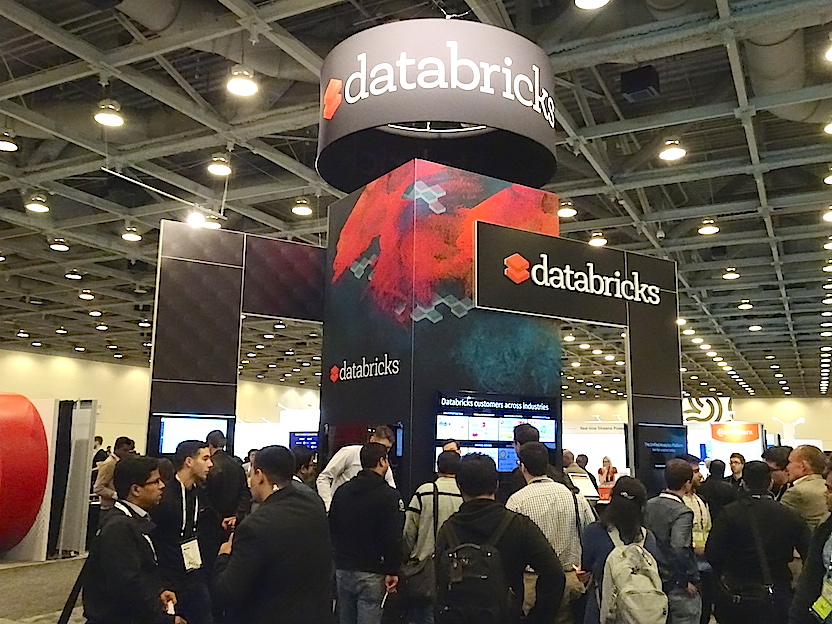 BIG DATA
BIG DATA
 BIG DATA
BIG DATA
 BIG DATA
BIG DATA
Distributed data analytics and machine learning software provider Databricks Inc. is making its first foray into vertical markets today with the announcement of the Databricks Lakehouse for Retail.
The announcement is, at least in part, a formality since Databricks has had a retail practice for nearly three years, according to Rob Saker, the company’s global industry leader for retail and consumer package goods. However, the vertical initiative also includes a new set of “solution accelerators,” which are packaged data analytics and machine learning use cases and best practices that are specific to retail scenarios.
The initiative addresses one of the company’s largest vertical markets with more than 1,000 customers and has been in testing for more than a year. Early adopters of Lakehouse for Retail include Walgreen Co., H&M Group Inc., Restaurant Brands International Inc. and Kroger Co. subsidiary 84.51°.
The company hopes to strike while the iron is hot in the wake of widespread disruption in the industry brought on by COVID-19. “The challenges retailers are dealing with right now include supply chain disruptions, labor shortages and the shift to e-commerce,” Saker said. “The margin for error has decreased.”
So has the margin for profits as pandemic-driven services like curbside and home delivery are considerably more expensive than off-the-shelf sales. “They need to make better decisions, but their data systems have been too slow and inaccurate,” Saker said.
The new solution accelerators include modules for real-time streaming data ingestion, demand and time-series forecasting, purchase recommendations and customer lifetime value calculation. Although those categories are general enough to apply to almost any industry, Saker said they were purpose-built for retail.
For example, the recommendations component includes different machine learning models targeted to different stages in the buying process. “You’d have to do a lot of work to reconfigure them for other uses,” Saker said.
Databricks is making the accelerators available under an open-source license. The company is also recruiting a range of service providers to deliver services and customizations around them, with Deloitte LLP and Tredence Inc. being the first two to announce. Deloitte has a lakehouse-based machine learning platform that it will customize for retailers and Tredence launched an on-shelf availability accelerator last August that uses machine learning models running on the Databricks platform to address out-of-stock problems.
Databricks also said it’s forming what is called an open data collaboration and sharing initiative based on the Delta Sharing project it announced last spring. The goal is to make it easier for retailers to share data selectively with business partners and cut down on what is now a manually intensive process for many.
“A grocer may have 10,000 suppliers that call into its distribution centers along with hundreds of distributors,” Saker said. “Because we’re open source, retailers can use open collaboration at a much lower price point.”
This won’t be the last vertical push from the company. Databricks is preparing additional lakehouses targeting the healthcare, financial services, communication and media, and manufacturing and logistics industries for rollout later this year, Saker said.
Support our mission to keep content open and free by engaging with theCUBE community. Join theCUBE’s Alumni Trust Network, where technology leaders connect, share intelligence and create opportunities.
Founded by tech visionaries John Furrier and Dave Vellante, SiliconANGLE Media has built a dynamic ecosystem of industry-leading digital media brands that reach 15+ million elite tech professionals. Our new proprietary theCUBE AI Video Cloud is breaking ground in audience interaction, leveraging theCUBEai.com neural network to help technology companies make data-driven decisions and stay at the forefront of industry conversations.